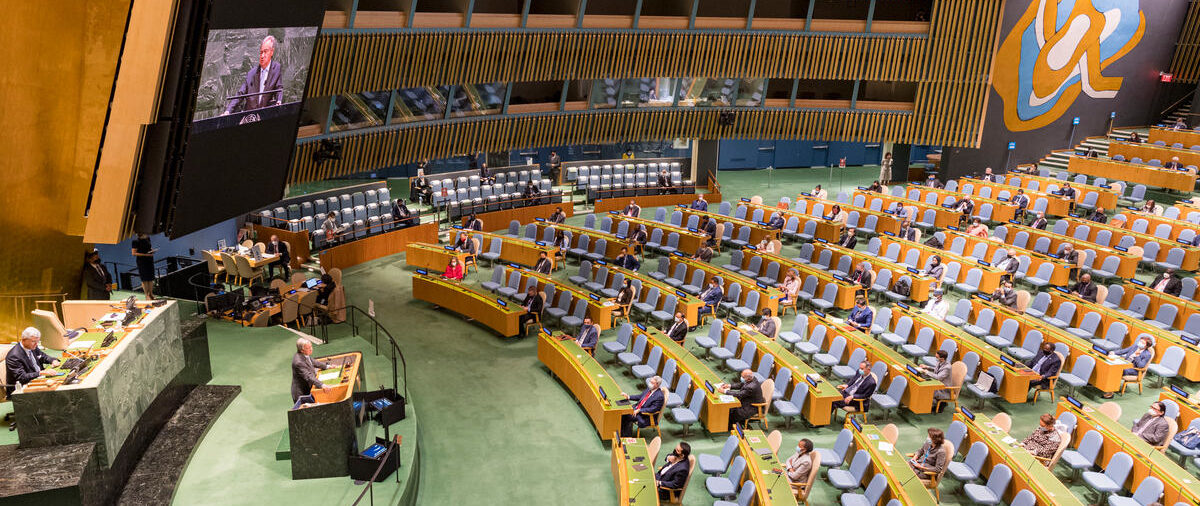In March 2023, the United Nations is due to hold a “rare” conference on water. Gérard Payen urges the international community to overcome its inertia and make this summit a historic event, during which important political decisions will be taken and an annual agenda will be set to achieve Goal 6 of the 2030 SDGs.
Governments discuss freshwater at such a large number of international events that their work is now fragmented, scattered across disparate events, with no guiding principles and very little coordination. This results in confusion for the governments themselves, as well as for most other stakeholders in the international community. UN-Water does its best to ensure technical coordination, but the political coordination of various water-related activities remains to be defined. All these events are nonetheless useful forums for developing knowledge and preparing future decisions. For example, the World Water Forums in Mexico (2006) and Istanbul (2009) paved the way for the human right to safe drinking water to be recognized in 2010, while the Marseille Forum (2012) and the Budapest Summit (2013) led to the adoption of a specific Sustainable Development Goal (SDG) on water in 2015.
In March 2023, the United Nations will hold an International Water Conference. It will be jointly presided by Tajikistan and the Netherlands, and will be attended by all governments. This will be a major event since only UN summits can give rise to global political decisions that countries consider binding and that benefit from long-term operational monitoring. The many intergovernmental meetings held in parallel to UN efforts may yield useful conclusions, but in the absence of institutional follow-up mechanisms, these findings generally do not progress very far. Within the United Nations, most of the meetings devoted to water are organized by UN agencies or Secretariats for international treaties that specialize in a particular field, only covering certain water issues. An international conference on all freshwater issues (all types of water as well as sanitation) is therefore a very rare event at the UN. Water issues are multiplying and becoming increasingly interrelated with every passing year. They underpin the vast majority of SDGs, making the 2023 conference a very rare opportunity to take useful collective decisions to improve the global organization on water issues.
The SDGs: A Coherent Vision
In 2015, a revolution took place. The adoption of the SDGs was the first time that governments had taken all the major water issues into consideration within a global program. Prior to that, collective goals only existed for drinking water and access to toilets. In 2015, this very patchy perspective was filled out with supplementary targets for water resources management, pollution and wastewater management, water ecosystems, flooding, public participation, water in schools, adaptation to climate change, urban planning, etc. In short, a complete vision on water issues was born. Twenty SDG targets are directly related to water. That’s great news! But unfortunately, nothing much has changed since 2015 in intergovernmental circles. It is as if the silos of the past have taken over again. In 2018, at the UN High-level Political Forum on Sustainable Development (HLPF), governments discussed water for three hours but took no new decisions. Worse still, during their first SDG Summit in October 2019, they boasted about their progress on access to safe drinking water, in stark contrast with global statistics predicting that the 2030 target for universal access to drinking water will not be reached until the 23rd century at the pace of progress resulting from current policies. Since 2015, no intergovernmental work has been done to acknowledge and rectify the insufficient progress towards water-related SDG targets. This lack of activity on all water issues stems directly from the fact that there is no specific UN political forum for water. Unlike the majority of SDG key topics, which each have their own intergovernmental platform with regular political meetings, water is not so fortunate and, politically speaking, has been left behind. There is a dire need for collective coherence and efficiency, but this is very seldom discussed since many institutional stakeholders, countries and UN agencies see more interest in maintaining the status quo.
A UN Political Summit on Water is Much Too Rare an Event
Some say that the 2023 UN Water Conference will be the first since the Mar-del-Plata conference in 1977. This shows very little regard for the UN Sustainable Development Commission meeting in 2005, which brought together all the world’s governments for two weeks and resulted in a nine-page UN resolution on integrated water resources management, ecosystem preservation, drinking water and sanitation, including the treatment and reuse of wastewater. However, since 2005, the only significant UN resolutions on water have been the inception of the International Year of Sanitation (2008), the recognition of the human right to safe drinking water and sanitation (2010) and the adoption of the SDGs (2015).
The 2023 UN Conference will therefore be one of the very rare events where decisions can be taken on all water issues. This will be an opportunity to make intergovernmental work on water more effective. It will be an opportunity to streamline intergovernmental work, if participants decide to organize an annual UN intergovernmental meeting on all water-related SDG targets, as is the case for the other SDG key topics. This would ensure political coherence between the many disparate existing efforts and enable the organization of efforts to achieve SDG 6 and all the global water-related goals. A decision of this kind cannot be taken in 2023 without active preparation and sufficient anticipation. This will be one of the main issues at stake during the 9th World Water Forum that will take place in Dakar in 2022.
Will the 2023 Conference take the decision to institute regular UN political meetings on all water-related SDG targets? If so, the conference will be quite historic. But if we miss this opportunity, the international water community will only have itself to blame for remaining collectively inefficient, for the lack of political attention paid to water and for the slow progress towards water-related SDG targets.
By Gérard Payen – mentor of the 2019-2020 session of the International Executive Master “Water for All”






